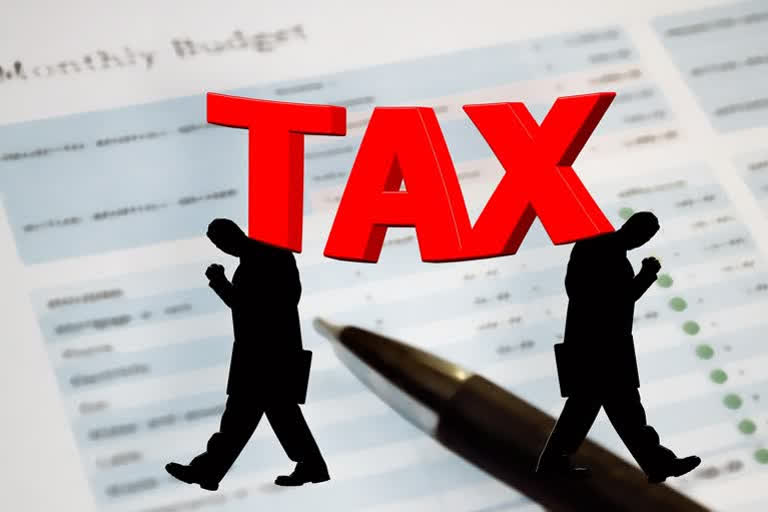Hyderabad: With an aim to reform the direct tax eco system in India, Prime Minister Narendra Modi on Thursday launched the ‘Transparent Taxation, Honoring the Honest’ platform to ensure transparency in the administration system.
The two key components of the platform are faceless assessment and faceless appeal. “Faceless Assessment has come into force from today, while Faceless Appeal will come into force from 25 September on the occasion of birth anniversary of Pt Deen Dayal Upadhyaya,” the Prime Minister informed during his speech.
Taking note of the “terror” surrounding income-tax notices, Modi said the new platform aims to create a “seamless, painless and faceless tax administration system”. Finance minister Nirmala Sitharaman also said: “The new system uses technology, data analytics, and artificial intelligence… there shall be no physical interaction between a taxpayer and department.”
Here’s a quick look at how a ‘faceless’ system will benefit Indian taxpayers.
What is faceless assessment?
- The system of faceless assessment has been created to ensure that taxpayers need not visit any office or meet any tax official in case his/her returns come under scrutiny.
- In such a system, the central computer will pick up tax returns for scrutiny based on risk parameters and mismatches.
- Notices, if any, will be sent only by centralised computer system and will carry the mandatory Document Identification Number (DIN). From November last year, each communication issued by the Income-Tax Department is assigned a computer-generated 20-digit DIN to ensure a proper audit trail of the departmental communication.
- The tax administration for a case will then be randomly assigned by the computer.
- The system of territorial jurisdiction has been abolished now. It means that unlike the current practice where the tax office in the city of residence was handling the scrutiny, appeal and notices of an individual taxpayer, now officers at another randomly selected location will be handling the cases.
- To top it, the scrutiny by these officers will be further reviewed by another set of officers at other randomly selected location.
- The assessments and reviews will be team-based and will not be conducted by a single officer.
- So, as the Prime Minister explained in his speech, if a taxpayer is based in Mumbai then his assessment may be done by some tax officials in Chennai, Guwahati, Raipur etc. “This will end the era of jaan pehchan (acquaintance) to get scrutiny or notices settled,” Modi said.
